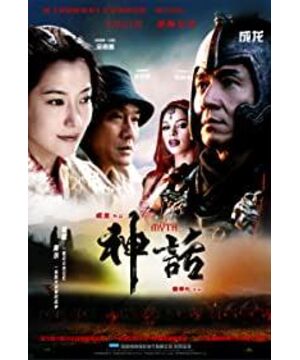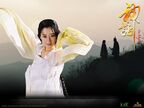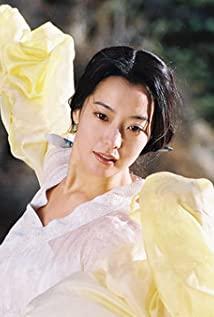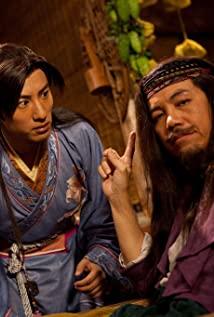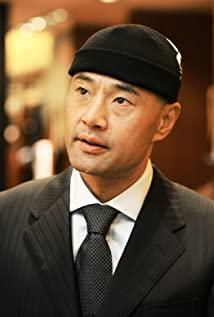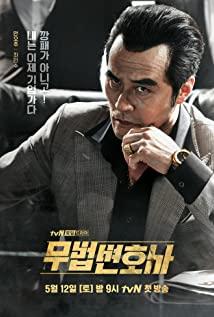The deepest thing about Jackie Chan in my mind is the policeman who has a sense of justice, is a little funny, and always escapes danger. Therefore, in this film, the transformation is somewhat difficult to adapt to. He played Meng Yi, a general of the Qin Dynasty, who was ordered by the First Emperor to protect Princess Yushu. But the traitor usurped power, and Meng Yi also died in battle. Yushu, who didn't know Meng Yi was dead, had been waiting for him in a mysterious place, and Nangong was also guarding him. From time to time, the film switches to a modern-day Jack, arranged according to Jackie Chan's memories (or dreams).
It should be said that the film is relatively vulgar. Most of those who hold a derogatory attitude believe that there is nothing to save except for the beautiful scenery and slightly grander scenes than before (this has always been the disadvantage of Hong Kong historical dramas). In terms of Jackie Chan's style and temperament, it is not suitable for the role of a general. When I saw the part where Jackie Chan and Kim Hee Sun were alone, I felt a little bit for acting.
Fighting is essential in Jackie Chan's movies, and this is also the capital of his fortune. But Jackie Chan's kung fu is different from that of Jet Li and others. Except for seeing Jackie Chan being miserable in the early movies, there are almost no bloody elements in the current movie - "there is no blood in the real gun". It may be to match the needs of the characters and the plot, there are some scenes of piercing the body with spears when fighting the rebels (Yu Rongguang's group) in the canyon, but it is also a point to stop. In the end, in order to highlight Meng Yi's loyalty and bravery, Spartacus became a headless soldier. When the camera switched to the modern era, except for the shot to Nangong, it was still hand-to-hand combat. From this point of view, the Jackie Chan elements are basically preserved.
In terms of scenes, there are not only beautiful waterfalls, but also a dazzling trip to India. That Indian beauty is very beautiful. If you cultivate it well, she might become a new "Dragon Girl". It is worth noting that the fight in a processing plant in India is very Jackie Chan: funny, a little oily. Others are very general.
"Myth" is also playing the international card, and the replacement of "Dragon Girl" with Kim Hee-sun is very clear. If there is no foreign actress to help out, if you replace it with a Hong Kong actress, this film will be greatly reduced in terms of publicity and influence. For the theme song of the Mandarin version, Pangpang Sun and Pangpang Han are invited. Maybe it's to take care of the inland market.
Compared with the previous works, this commercial film still disappointed me a lot, it was flat, it was not moved by the cross-century romance, and it did not have a gripping plot. However, Jackie Chan has a saying that is still a classic: as long as it is other people's cultural relics, they must be returned to others. No one can snatch other people's cultural relics from other people's countries and put them in their own country's museums. Yes, in fact, they want to take their own, which is a shameful behavior. I think this sentence is not just for William, but for certain countries. In this sense, Jackie Chan is still awe-inspiring.
View more about The Myth reviews


